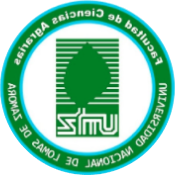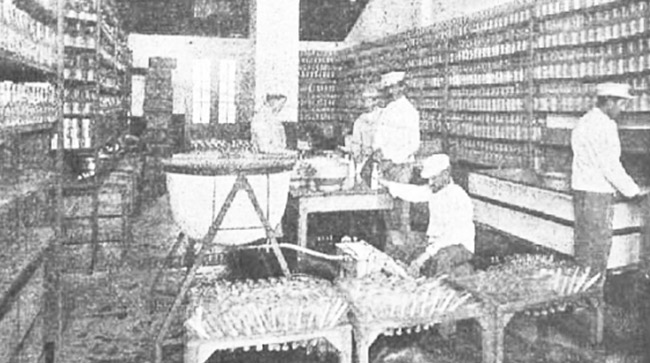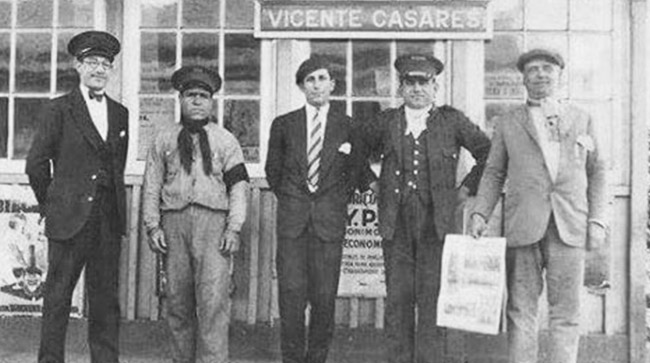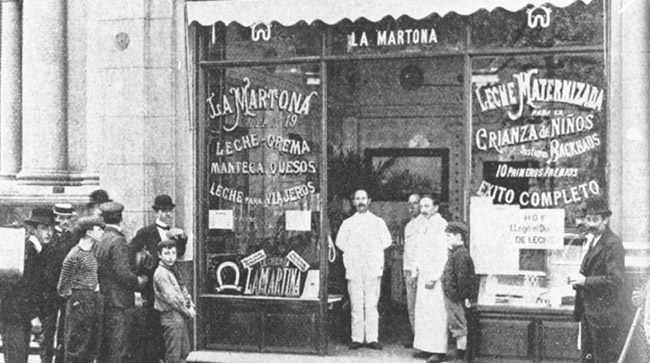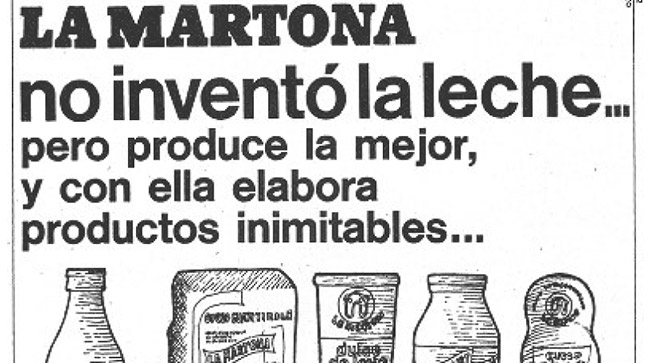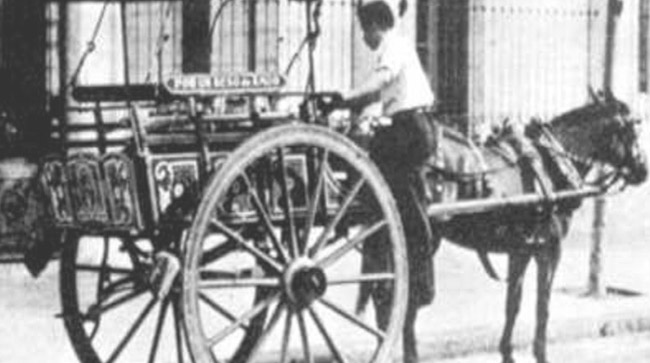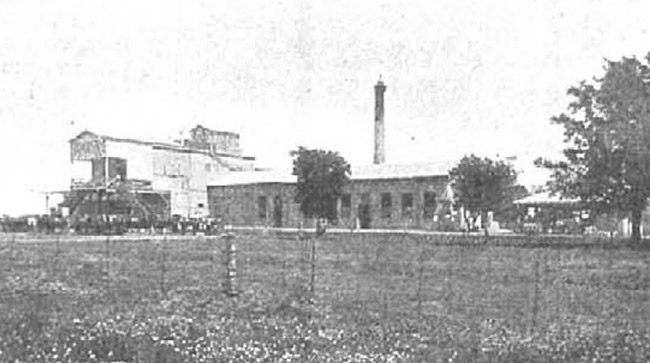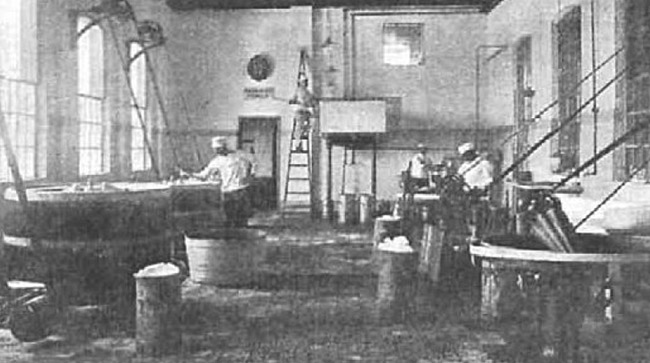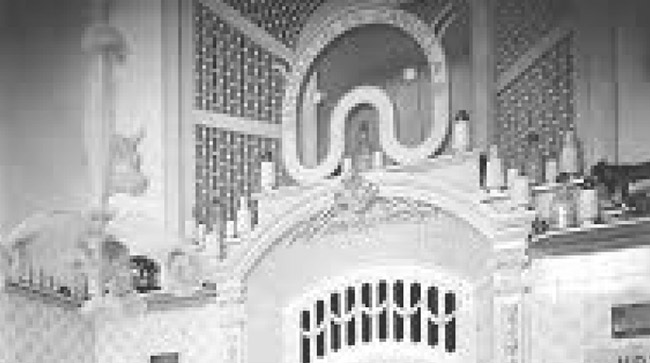+54 11 4440-1939
Fundación Instituto de la Leche (FIL)
Established in 1960, FIL is a non-profit organization that offers its facilities, equipment and dairy cows to carry out activities in the fields of science, technology and knowledge transfer in productive areas.
The National University of Lomas de Zamora (UNLZ) established in 1973, today has five schools: Agricultural Sciences, Economic Sciences, Social Sciences, Law and Engineering.
In August 2017, FIL and UNLZ teamed together to create a research and training center, with a high academic profile, located in the heart of the “Abasto dairy basin” in the Province of Buenos Aires (Suipacha).
OUR PURPOSE:
To train professionals for a sustainable dairy industry, committed to the development of an equal society.
OUR VISION:
To be an example of a research, training and transfer center for national, regional and global dairy production.
OUR VALUES
Responsibility
Ecological and social responsability
Intellectual honesty
Leadership
Creativity
Efficiency
La Martona, the beginnings and our guidance
Established in 1889, La Martona was the first dairy industry in Argentina, which for decades led the way for its peers in Latin America and the world. This company set a new standard for milk quality in the country and became associated with the word innovation.
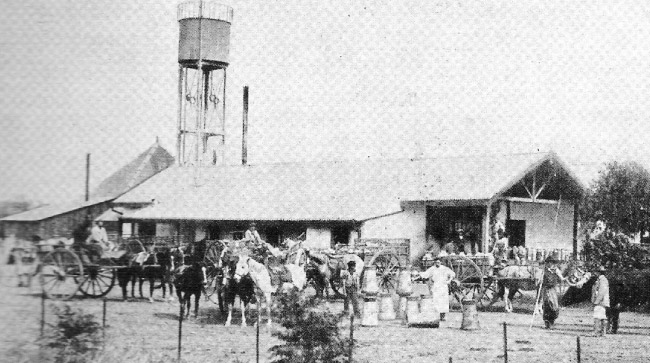
VICENTE LORENZO CASARES (1847 – 1910)
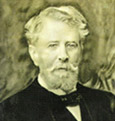
Born in Buenos Aires on August 10, 1847, he was the first wheat exporter to Europe.
As a provincial deputy for Buenos Aires, he had the opportunity to learn about a problem that affected the country: child mortality caused by tuberculosis and infectious fevers, which were attributed to contaminated milk. For this reason, in 1889, he founded the company La Martona, with which he would revolutionize the milk production and distribution system, based on the use of the most modern equipment of that time, which he acquired at the Paris International Exhibition. In his words, it opened '…the possibility of establishing in Buenos Aires an industry devoted to the welfare and progress of our population and the hope of being able to put an end to child mortality…'.
La Martona was the first company to sanitize, filter, control, and classify the product, and to sell formula milk in the country.
V. L. Casares gradually replaced the traditional home delivery of milk -which had been introduced by the Basque immigrants, and which in many cases consisted of dirty milk and hand-kneaded butter wrapped in old and badly washed cloths-, with the sale of butter packaged in waterproof paper, sanitized milk and cheese in La Martona shops.
Achievements followed one after the other over the years. Thus, in 1894, the company started the pasteurization of milk; in 1900, the first refrigerated vehicles were introduced and, in 1902, the industrialization of dulce de leche (milk jam) began. As if this were not enough, in 1908, the production of yogurt reached such levels that placed Argentina as the second largest producer in the world.
In addition to being a legislator for the Province of Buenos Aires in 1886, Vicente L. Casares founded Banco Sudamericano in 1888, was president of Banco de la Nación Argentina in 1891, founded the Lotería Nacional in 1893, was a candidate for the vice-presidency of the Argentine Republic in 1898, was a national deputy in 1900 and president of the Partido Autonomista in 1908.



